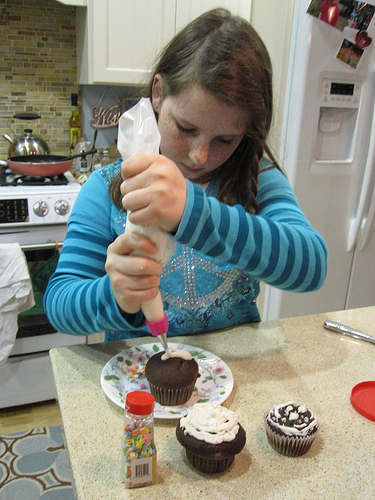Category: Parenting
-

3 things you can do to help your child with Covid-19 anxiety
Talking to your children in an age-appropriate way about big threats like the coronavirus can help them with anxiety they might not be able to express.
-

Support your teen who is learning at home
The other day I wrote about homeschooling tips you can use with your suddenly-at-home younger kids. Today I’m addressing your teens, who may have quite different needs. Whether your teen is homeschooled or at school in regular life, things have changed. They are now home 24/7 and that can exacerbate existing tensions. Teens thrive with…
-

Temporary homeschooling tips!
You may not be in a position to become a homeschooler full-time, but here are some tips for ways that you can keep your kids—and you—from going insane in the short term.
-
Need to teach online?
Here are a few pointers from someone who does it every day I got a call this morning from a friend who suddenly needs to teach a hands-on class…remotely. How do you do that? Lots of teachers are asking this question, so I’m going to offer a few simple pointers. The technology is not too…
-

Finding our Best Selves
Parenting offers us a chance to access our best selves. I believe it’s the reason why this difficult, often thankless task is one we repeat over and over.